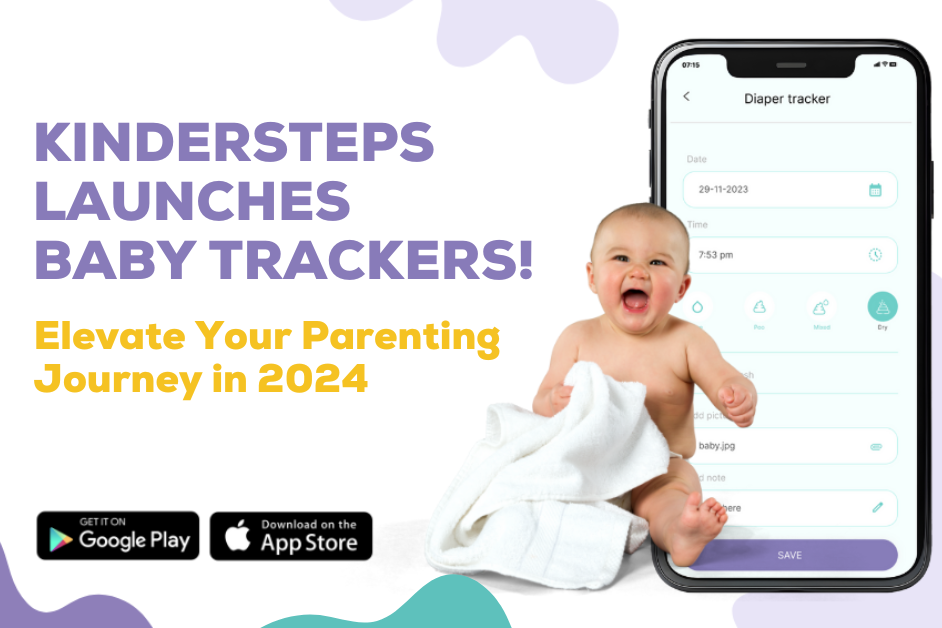Music plays a vital role in our daily lives, and its influence on children's development cannot be overstated. From boosting brain development to promoting emotional regulation and cultural awareness, music offers a myriad of benefits for children of all ages.
As parents, we all want the best for our children's development. Music is an essential part of a child's upbringing, and it can have a profound effect on their overall growth. It has been found that music can stimulate the brain, increase language skills, and even promote emotional regulation in children.
In this article, we will explore the various ways music can positively impact your child's development and provide fun activities to try at home to help your child discover the joy of music.
1. Supports brain development
Music has a powerful effect on the brain, and studies have shown that early exposure to music can have a positive impact on brain development. Listening to music can activate multiple areas of the brain, including those involved in language processing, spatial awareness, and emotion regulation. Playing music can also help develop fine motor skills and hand-eye coordination.
One study found that children who received musical training had significantly better verbal memory and literacy skills than those who did not receive musical training. Another study showed that children who received music lessons had increased activity in the part of the brain responsible for processing sound, which can improve their ability to distinguish between different sounds and tones. Overall, exposing children to music early on can help with brain development and potentially improve their cognitive abilities.
2. Improves language development
Language development is a crucial aspect of a child's early years, and music can play a role in enhancing language skills. The rhythms and melodies in music can help children learn the rhythms and patterns of language. Singing nursery rhymes and other songs can also help children develop their vocabulary and improve their pronunciation.
Did you know that children who receive musical training often have better language skills than those who do not receive musical training. In fact, some studies have suggested that music lessons can even help children with language disorders, such as dyslexia.
If you want to help your child develop their language skills, consider incorporating music into their daily routine. Singing songs, reciting nursery rhymes, and playing with musical toys are all great ways to expose your child to the rhythms and patterns of language.
3. Promotes emotional regulation
Music can have a powerful effect on our emotions, and this effect is especially pronounced in children. Listening to music can help children regulate their emotions and express themselves in a healthy way. Music also has a calming effect on children and can help reduce stress and anxiety.
If your child is feeling overwhelmed or anxious, consider playing some calming music to help them relax. You can also encourage them to create their own music or express themselves through dance or movement.
4. Creates cultural awareness
Music is a great way to introduce children to different cultures and traditions from around the world. Listening to music from other countries can help children learn about different instruments, rhythms, and melodies. It can also expose children to different languages and encourage them to be curious about other cultures.
There are many fun multicultural music activities that parents can try at home with their children. For example, parents can play music from different countries and encourage their children to dance or sing along.
Parents can also teach their children about different instruments and how they are used in different cultures. Another fun activity is to create a "musical map" with pictures of different instruments and music from different countries.
Fun music activities for children
There are many simple and fun music activities that parents can try with their children to help them develop a love for music.
- Singing and dancing games: Parents can encourage their children to sing and dance along to their favorite songs. This can be a great way to get children moving and help them develop a sense of rhythm and coordination.
- Making homemade instruments: Parents can help their children create simple instruments like shakers or drums using household items like paper plates, beans, and empty containers. This can be a fun way to encourage creativity and experimentation.
- Listening to and discussing different types of music: Parents can introduce their children to different types of music from around the world and encourage them to talk about what they like and don't like. This can help children develop an appreciation for different types of music and learn how to express their opinions.
- Musical scavenger hunt: Parents can create a scavenger hunt where children have to find different objects that make different sounds, like a squeaky toy or a jingling keychain. This can be a fun way to encourage children to listen carefully and develop their auditory skills.
- Musical storytelling: Parents can use music to enhance storytelling by playing different songs or instrumentals to accompany different parts of the story. This can help children develop their imagination and listening skills.
Music is not just a source of entertainment but a powerful tool that can positively impact a child's development. As parents, introducing children to music at an early age and engaging them in fun musical activities can help foster a lifelong appreciation for music and its benefits.
At Kindersteps, we believe in providing parents and children with the best resources to support their overall growth and development. That's why we've included over 1500+ early childhood developmental activities in our free parenting app. Download the app today!






.jpg?alt=media&token=166b64a9-274c-400c-95e4-baf0013e7e43)
